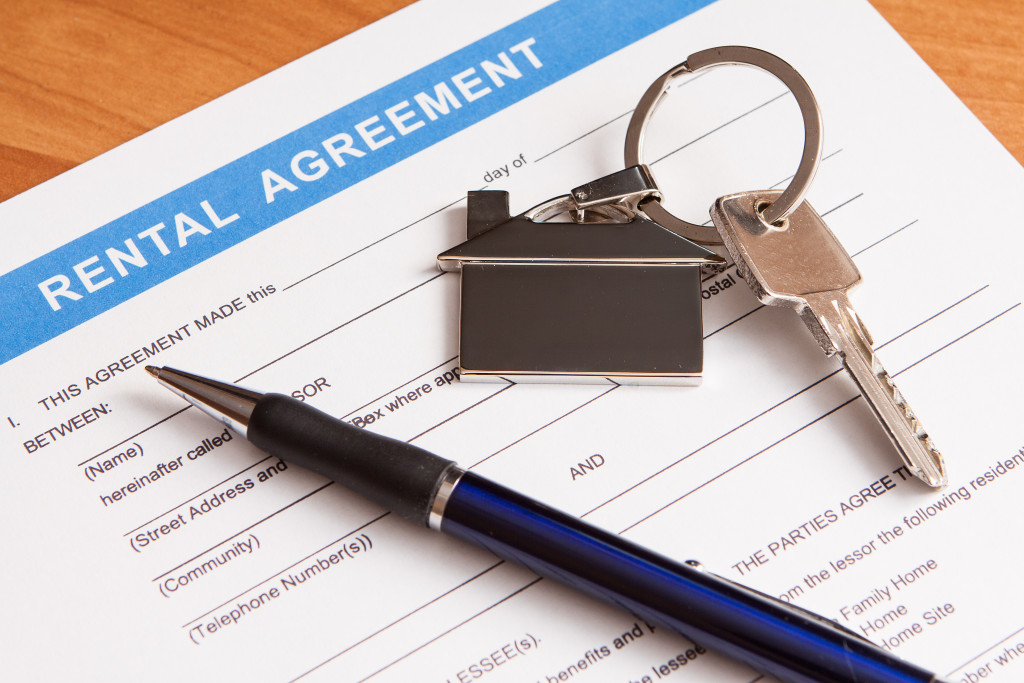- Establish rental criteria and follow the law to ensure all qualified applicants are given an equal opportunity to rent.
- Pre-screen applicants over the phone and conduct a personal interview to assess their character and needs.
- Have an application process in place and verify applicant information with thorough background checks.
- Hire a professional property manager if you don’t have the time or expertise to screen tenants yourself.
Finding the right tenants for your rental property is crucial to being a successful landlord. The difference between good and bad tenants can significantly impact your rental income and the overall condition of your property. It’s essential to master the art of effective tenant screening to ensure you’re finding the best possible tenants for your rental property.
Establish Rental Criteria and Follow the Law
Before advertising your property or accepting applications, decide what tenants you want. Establish specific rental criteria to filter applicants based on the following:
Credit History
A credit score is one of the best indicators of how responsible a tenant is financially. A low credit score may indicate difficulty paying bills on time. In contrast, higher scores assure that they are reliable when it comes to rental payments. Consider running a credit check to determine if an applicant is financially responsible. A good credit score should be at least 620 or higher.
Income Verification
Verifying an applicant’s income is important to ensure they can make timely rent payments. Request the prospective tenant’s pay stubs, tax returns, and/or bank statements. Also, consider requiring a certain amount of income about the rent amount (e.g., 3x the rental amount).
Criminal Background Check
A criminal background check is a must when screening tenants. Although applicants may not be honest about their past convictions, this process can help you understand who they are and if they have a history of violent or illegal behaviors. You can search public records for criminal activity on a potential renter’s record.
References
Checking references can give you an idea of the tenant’s past rental history, job stability, and other behaviors that may not appear on credit reports or criminal background checks. Ask for written references from former landlords, employers, and acquaintances to gain more insight into the prospective tenant.
Ensure you also understand the fair housing laws prohibiting discrimination based on race, religion, nationality, gender, familial status, or disability. The goal is to ensure all qualified applicants are given an equal opportunity to rent your property.

Pre-screen Applicants Over the Phone
The screening process begins even before you meet potential tenants. Develop a set of questions to ask on the phone to help you understand the applicant’s needs and background better. This technique helps you weed out unsuitable tenants early in the process. Important questions to consider asking include the following:
- Reason for moving
- Desired move-in date
- Number of occupants
- Whether they have pets.
This way, you can save time by not showing the property to candidates who won’t meet your criteria.
Conduct a Personal Interview
Meeting with the applicant in person is another critical aspect of tenant screening. A face-to-face interaction allows you to assess the applicant’s character and determine whether they match your rental property. Take this opportunity to discuss your policies and expectations as a landlord, such as the lease terms, pet policy, and maintenance responsibilities. Also, observe the applicant’s communication and any behavioral red flags indicating potential issues. A personal interview also allows you to process the following:
Have an Application Process in Place
Ensure that all prospective tenants complete a rental application form. This document gathers vital information, such as contact details, social security numbers, proof of income, rental history, and personal references. Collecting this data gives you a much clearer picture of the applicant’s background and ability to afford the rent and take care of the property.
Verify Applicant Information
One of the most critical parts of tenant screening is verifying the information applicants provide. Conduct thorough background checks, including credit history, employment, income, and rental history. Look for red flags such as a history of evictions, late payments, or bankruptcy. Check the applicant’s references and speak with previous landlords to inquire about the tenant’s behavior, rental payments, and property upkeep. Verifying this information is essential in determining the applicant’s history and likelihood of being a good tenant.
Hire a Professional

If you’re busy with your career, family life, or other activities, you may want to consider hiring a professional to screen tenants. Hiring a professional property manager will be able to handle the entire screening process for you and provide you with qualified tenants. This can save you time and help ensure only responsible tenants get approved to rent your property. Additionally, property managers are knowledgeable about rental laws and can provide insight into tenant screening and selection.
Renting out your property is a big responsibility. Mastering the art of tenant screening takes time and effort, but it’s worth it when you find ideal tenants. With these tips, you can successfully screen tenants and find the perfect renters for your rental property.



